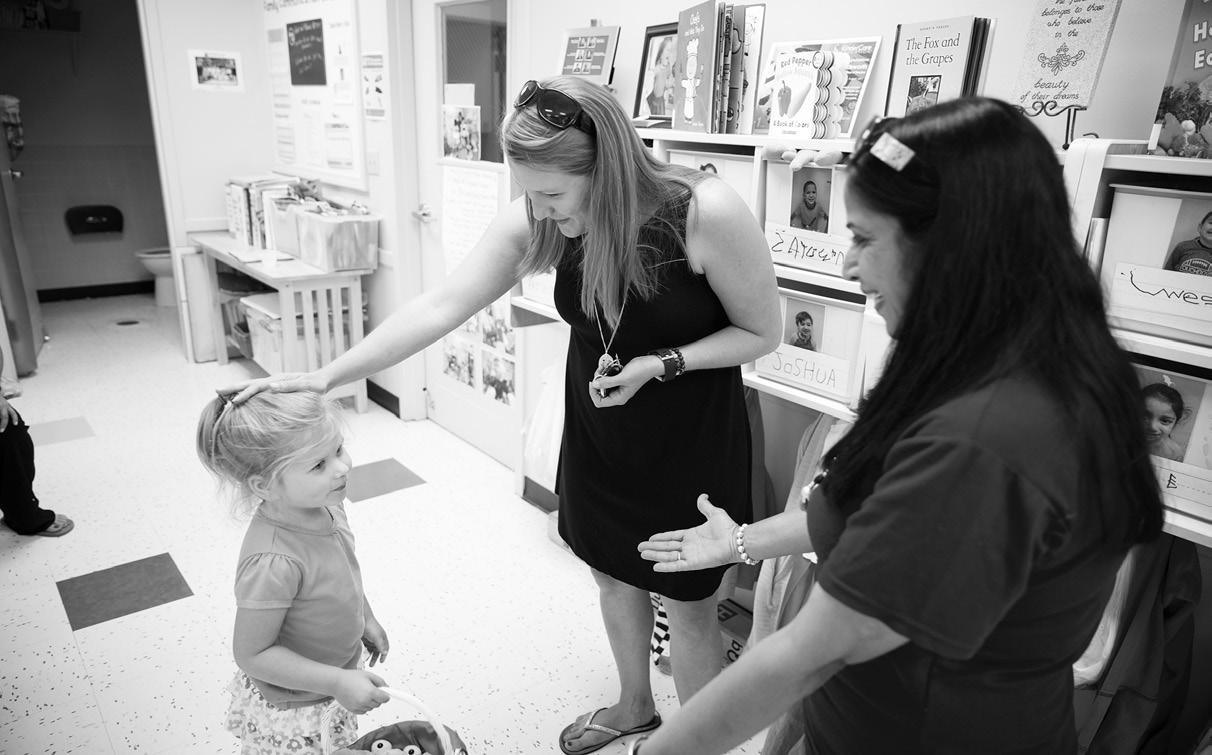
4 minute read
Creating An Ethical Will
23 Austin South Asian | August 2022
5 Tips For Creating An Ethical Will
When you’re organizing your endof-life affairs, preparing a will is likely high on your list of priorities. What you may not realize is that there are different kinds of wills.
A last will and testament is probably what you think of first; it’s a legal directive about how your as-
sets should be handled upon your death. An ethical will, on the other hand, isn’t a legal document at all. It’s a way for you to convey thoughts, life lessons learned, the intentions behind your will and wishes for your loved ones.
If you think you’d like to prepare an ethical will, here are some tips from RememberingALife.com, an online resource from the experts at the National Funeral Directors Association, to guide you in the process:
Decide on your format. An ethical will can be written, but it can also be delivered via audio or video. There’s not a right or wrong approach; it depends on how you’re most comfortable communicating. One consideration is your comfort level with audio or video editing. Unless you’re confident you can say what you want, the way you want in one pass, you’ll need some basic editing skills to ensure your message is conveyed exactly as you wish.
Determine your purpose. Ethical wills can serve many different purposes. You may use it to convey your love and appreciation to your loved ones or to mend fences you weren’t able to while alive. Your ethical will can also be a way to share your values, what you’ve learned in life and your dreams for those you hold dear. It may even be your chance to share the secret ingredient in a beloved family recipe.
Gather your thoughts. Drafting an ethical will can be an emotional process, so organizing what you’d like to say ahead of time can help keep you focused. Make notes about the points you’d like to share, adding details or embellishments as you wish. However, take care to avoid saying anything in your ethical will that contradicts your legal will.
Start writing. Even if you ultimately plan to record your ethical will, writing out what you plan to say can be a good idea. Remember this isn’t a formal disser- tation or award-winning novel, so convey your thoughts freely. Clarity is important, but don’t be afraid to let your personality, humor and other characteristics shine through.
Edit yourself. Preparing an ethical will is no small undertaking, and chances are, over time, you’ll want to change or add to your original draft. Take your time and revisit your draft as often as you need to capture everything you want to say.
Find more resources to support you and your family in your end-of-life planning at RememberingALife. com.
(Family Features) Photo courtesy of Getty Images (Continued From Page 01) Plus, teachers who connect with their classroom families help families feel seen, heard and represented in the classroom.
July 2022 Sudoku Answer

Yudhveer Bagga
Pranesh Indurti

How To Create Connections With Your Child’s Teacher
“When parents and teachers connect, they can create a stronger support system,” said Tyreca Elliott from KinderCare’s education team.
“Bridging the gap between home and school gives children continuity, improves academic outcomes and nurtures children’s social and cent move or divorce. Raise any concerns you may have – no matter how big or small. Your child is the teacher’s priority too, and he or she might have some tips and tricks to help you help your child.
2. Communicate About Communications. Drop off and pick up times can sometimes be too busy for more than a “hi” or “bye.” Ask your child’s teacher how he or she likes to t communicate, and share your preference, too.
Let the teacher know if you would

emotional well-being. When families and teachers work together, children can succeed.”
Building connections with teachers opens lines of communication between home and school, allowing families to learn about their child’s day and helping teachers feel supported.
Consider these three tips from KinderCare teachers to help families create connections and build trust and collaboration with their child’s teacher.
1. Be Intentional. Ruby Villarreal, a preschool teacher of nearly 30 years, suggests meeting with your child’s teacher before the first day of school to introduce your child and your family.
Share your child’s previous school experience, likes and dislikes as well as any home issues that may impact your child’s mood or behavior, such as a new sibling, relike a phone call during a lunch break for a quick update about your child or if you’d rather communicate via email or the school’s app.
3. Make a Big Difference with Little Chats. During pick up or drop off, try to leave time for a brief conversation.
This could be a quick chat about something fun your child did over the weekend or why he or she might be having a tough day.
It could also mean asking, “What can I ask my child about on the way home?” or finding out about activities you could do to help your child keep learning at home.
“Learning is a partnership between families and school,” said Quiana Smith, a 15-year prekindergarten teacher. “Your child will be excited about school and learning when he or she knows you’re excited about it, too.” (Family Features)










